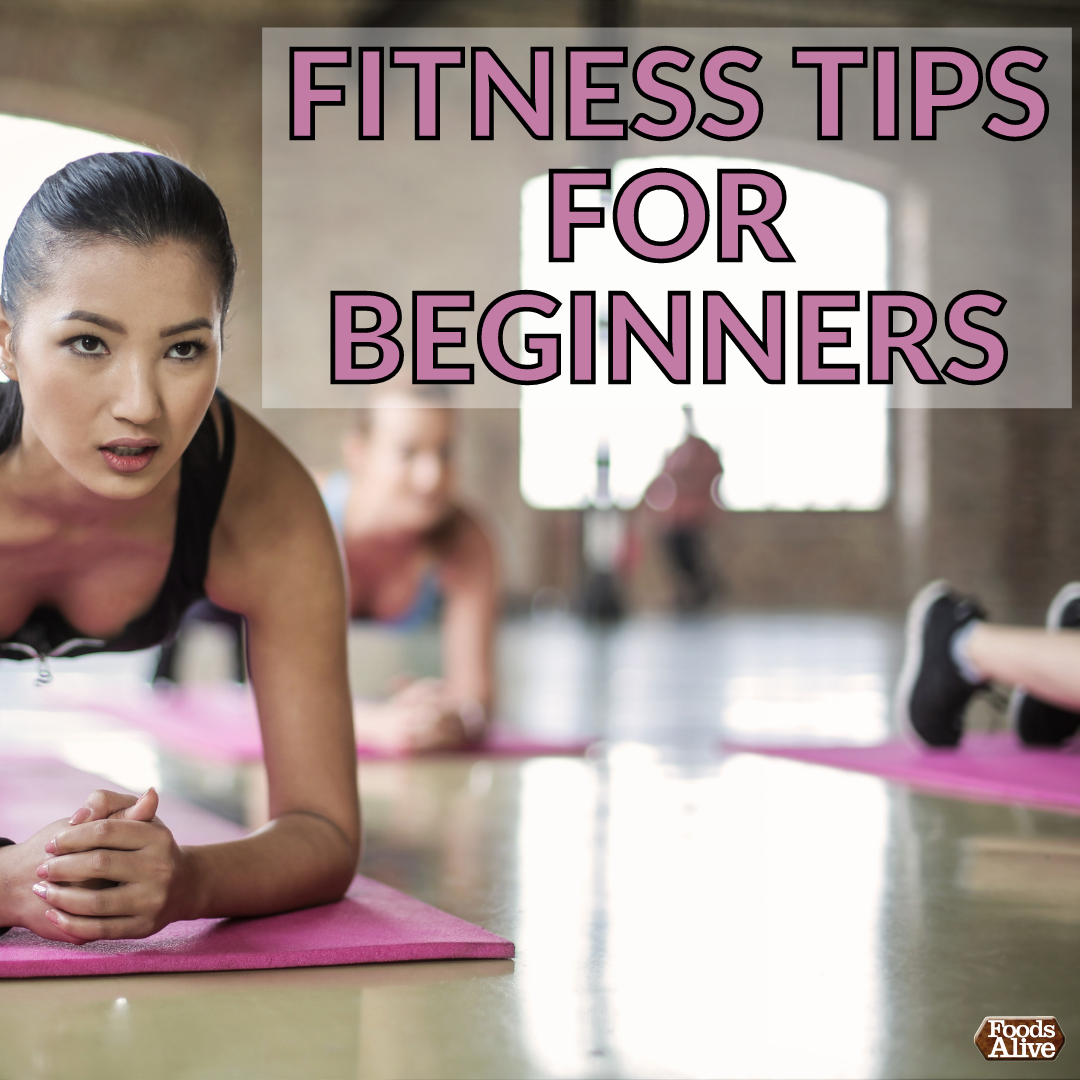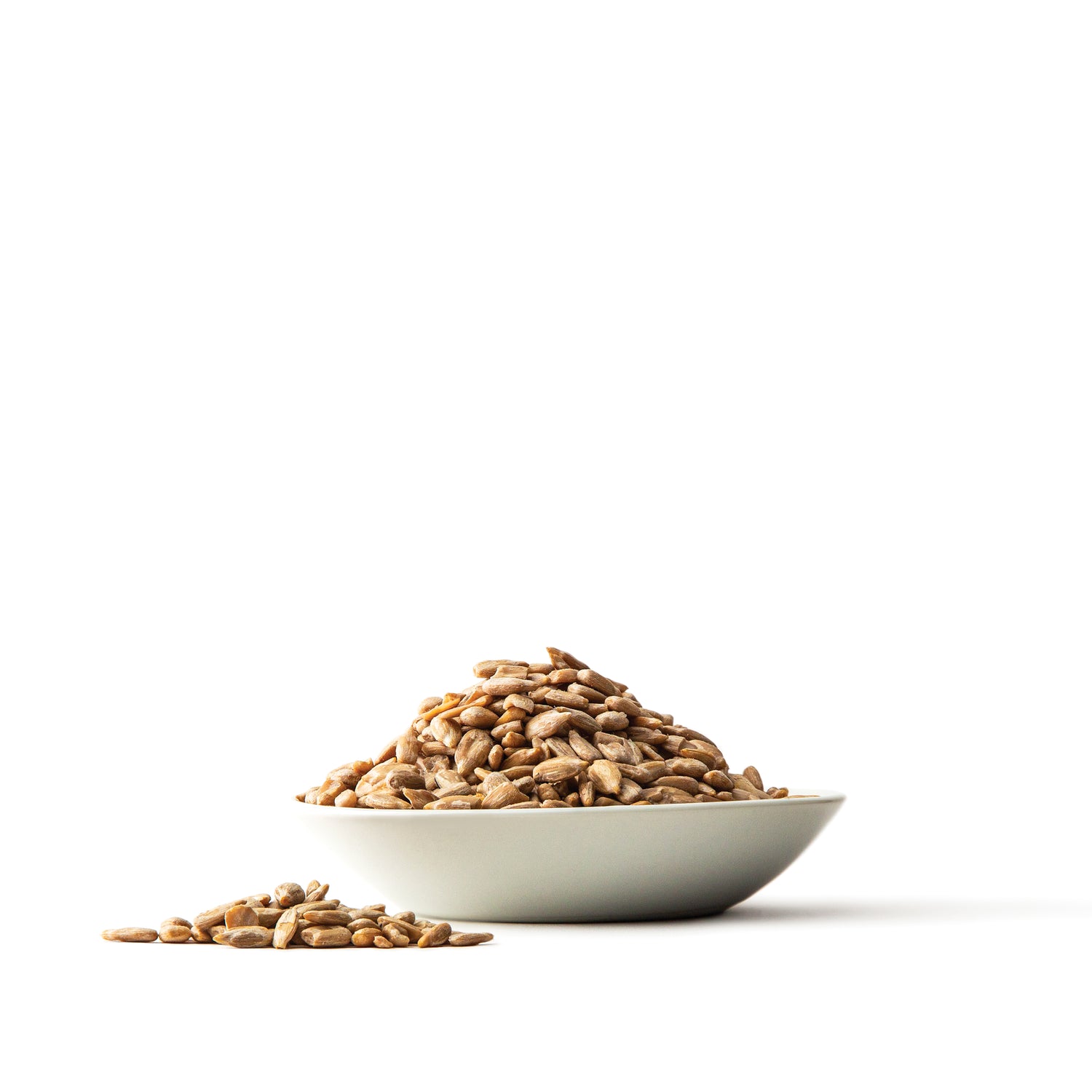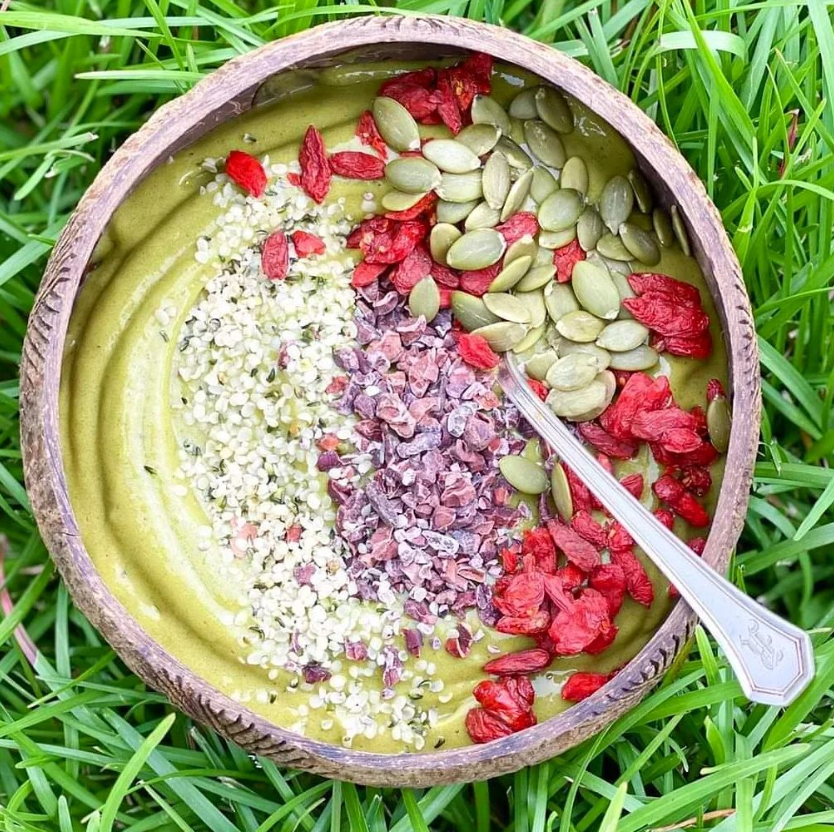_____
Are you thinking about starting a fitness routine? Or maybe you've been working out, but you aren't sure if you are doing it right or where to go next? We're here to help!
Here are some fitness tips for beginners:
1. Be Safe
It may seem like an unnecessary step, but checking with your doctor before starting an exercise program can be crucial. Most doctors will encourage increasing your fitness level, but there may be some parameters that are important to be aware of. Should you limit your heart rate? Are you on medications that might make you lightheaded or prone to dizzy spells? Do you need to monitor your blood sugar levels before or after working out? These questions and others are important to consider when you are first starting out.
2. Set Goals
Why are you wanting to start a fitness program? Do you want to participate in some sort of event: 5k, triathlon, mud run? Are you wanting to be generally healthier? Do you want to keep up with kids and/or grandkids? Knowing your WHY is very important. Not only does it give you direction when choosing what and how to workout, it also serves to motivate you when the process is slower or more frustrating then you thought it would be. When setting your goals, make sure that you are specific. "Run more" as a goal is much less clear then "run 1 mile a day, 5 days per week".
3. Start Small
One of the easiest ways to fail when trying to reach a goal is to make it unachievable or to push too hard too fast. Start small. Work your way up. You will be much more likely to keep going. Not only will you be less sore and less tired, you will be feel more motivated with each small goal you accomplish, instead of feeling discouraged by missing a larger goal. For example, instead of saying "practice 30 min of yoga, 7 days per week" start with "practice 10 min of yoga, 2-3 days per week". You are still moving toward your goal and you will be more likely to stick with it. Then in a few weeks, you can increase to the next progression.
4. Do What You Enjoy
Is your goal to run more, but you hate running? Probably not a great idea. As a personal trainer, I see a lot of people try to incorporate activities they hate simply because they think it's what they are supposed to be doing. Fitness can be fun (and honestly it should be)! Think of it more as play. Want to work on your cardiovascular fitness? The common thought is: run more. But why not try swimming? Or dancing? Or biking? Or HIIT? Or go for a hike in the woods? Try strength training at a local playground, you don't need a gym to get in shape and you might be inspired by the kids around you having fun. There are so many possibilities, don't limit yourself to something you don't enjoy!
5. Know The Basics
You don't have to be an expert to get started, but it can be helpful to understand the basics of a well rounded fitness program.
- Warm Up & Cool Down: Generally, you will want to start each workout session with a warm up and end with a cool down. These are opportunities for your body to get acclimated to the workload you are going to place on it, and then a chance to return to normal. Neither have to be complicated. For the warm up, start at a lower intensity or slower pace then you would like to be at for the bulk of the routine. Aim for 5-10 min. The cool down is the opposite and slows everything down, before coming to a stop. This is also a really great place to add some stretching.
- Cardio(vascular) Training: These are activities that get your heart pumping and increase your breath rate. Think biking, HIIT, running, walking, swimming, dancing, etc. Choose an activity that is safe, enjoyable, but also provides a challenge as well. Typically, you want to do these activities anywhere from 10-60 min.
- Strength/Resistance Training: As the name implies, this is where you build strength. Activities like Pilates, weight lifting, resistance bands, body weight training, etc. will all help you gain muscle mass. Don't just focus on one area or one style of training. Variety keeps things interesting, ensures a well rounded program, and also helps prevent injury and burnout.
6. Make A Plan
Feel like you already did that when you set your goals? Not quite. Your plan should include how you are actually getting the job done. You know you are going to run 1 mile everyday, 5 days a week. Now determine when you will do that. First thing in the morning? During your lunch break? When you get home from work? Take it a step further and lay out or pack the clothes, shoes, and equipment you will need. Some people go so far as to sleep in their workout clothes or lay their yoga mat at the foot of their bed so they have less excuses for accomplishing their goals.
7. Track Your Progress & Celebrate
It is so easy to forget where we started and how far we have come, when all we can see is how far we have yet to go. Remind yourself. Take pictures or make notes about every step along the way. Remember when walking one flight of stairs left you winded? Celebrate the fact that you can now walk three flights without any difficulty. Have you only made it to 15 push ups, but your goal is 20? How many could you do when you first started? Don't forget the progress you have and are making, and keep going!
8. Create Accountability
There will be times when putting in the work to accomplish your goal is the last thing you will want to do. It will be so much easier to sleep late or go out for the night. At those times, it can be very helpful to have an accountability system in place. This might mean recruiting a friend to workout with you, joining a class, or hiring a personal trainer. Whatever it takes to help keep you on track and encouraged.
9. Know Your Limits
This is true no matter your fitness level. It is normal to get tired and sore when working out, but there is a limit. If you struggle to move the next day or two after a routine, you might be overdoing. If you are very tired, but aren't able to sleep or no amount of sleep helps, you might need to cut back. Know the signs of burnout and be prepared to take a break or slow down if needed. It might seem counterintuitive to hitting your goal, but pushing through it might actually hurt you in the long run. You also want to be mindful of getting obsessive. It is great to be enthusiastic about your new lifestyle, but if it is all you think about and you can't seem to do anything else, you might need to back off and talk to someone who can help you work through that.
10. Rest, Recover, Repeat
Rest is an important part of getting fit. It's actually when you stop working out that you rebuild muscle tissue. Eating to fuel your body will also help you achieve your goals. If your body doesn't have the building blocks to repair, you won't continue to make progress. Don't forget to find the balance of these other areas as well.
These are some important tips to keep in mind when starting your fitness journey. They are even good reminders to those who have been pursuing a fitness lifestyle for a while now!
Follow these 10 steps and see how much you grow in your journey!
_____
Make sure to tag us in your photos on social media @FoodsAlive!
_____
You can follow us on Instagram, YouTube, Facebook, Twitter, and Pinterest @FoodsAlive!
_____
RESEARCH:
https://www.self.com/story/fitness-tips-trainers-give-beginner-clients






